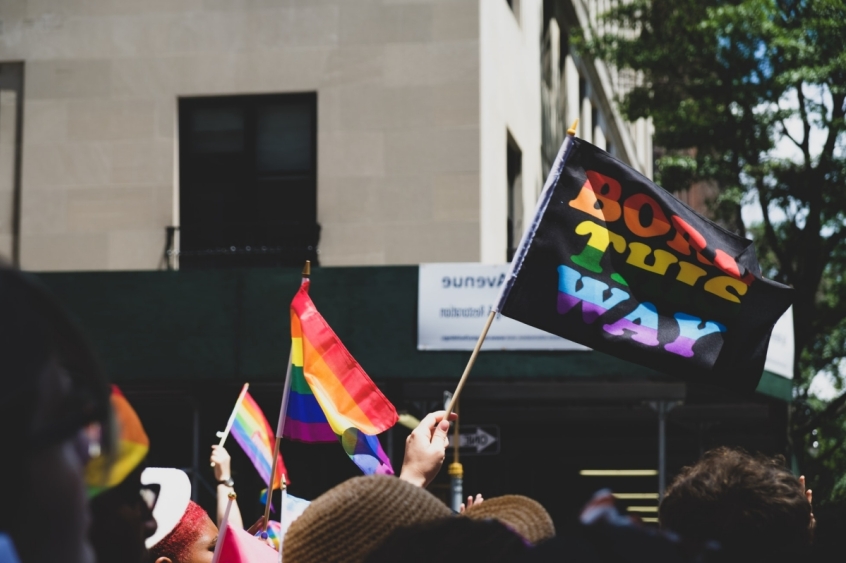
Christians in the Australian state of Victoria are fearing for their religious freedom after the legislature voted to ban so-called conversion therapy.
The Change or Suppression (Conversion) Practices Prohibition Bill criminalises practices seeking to change or suppress a person's sexual orientation or gender identity.
Christians have voiced concern over a subclause making it an offence to carry out "a religious practice, including but not limited to, a prayer based practice, a deliverance practice or an exorcism."
Church leaders in the state fear that they could fall foul of the law simply for offering prayer or counselling to someone struggling with their sexual orientation or gender identity.
Under the Bill, conducting suppression practices carries a prison sentence of up to 10 years or a $10,000 fine.
Ahead of the vote, dozens of faith leaders raised their opposition in an open letter to Daniel Andrews, the Premier of Victoria.
"Religious organisations, parents and families, faith-based schools, ministries, and other individuals will face scrutiny, investigation, censorship, significant jail terms and large fines for exercising their religious duty to teach or advise individuals who request support to maintain adherence to religious constructs of sexuality and gender," they wrote.
The Bill passed the legislative council on Thursday night by 29 votes to nine after a 12-hour debate.
Martyn Iles, Managing Director of the Australian Christian Lobby, said the Bill "basically criminalises the truth".
"It takes those truths about marriage, about gender, about sex, about family ... things that Christians hold dear, which are part of creation itself, and it says that those ideas, the expression of them, the living out of them can become criminal acts.
"There's not many laws that I can say that about."
He went on to say that Christians must continue to support and pray for those who come to them for help, even if it means breaking the law.
"I want to say something that's going to sound a little bit radical but it's so true, especially in this case. We must live as though this Bill doesn't exist," he said.













